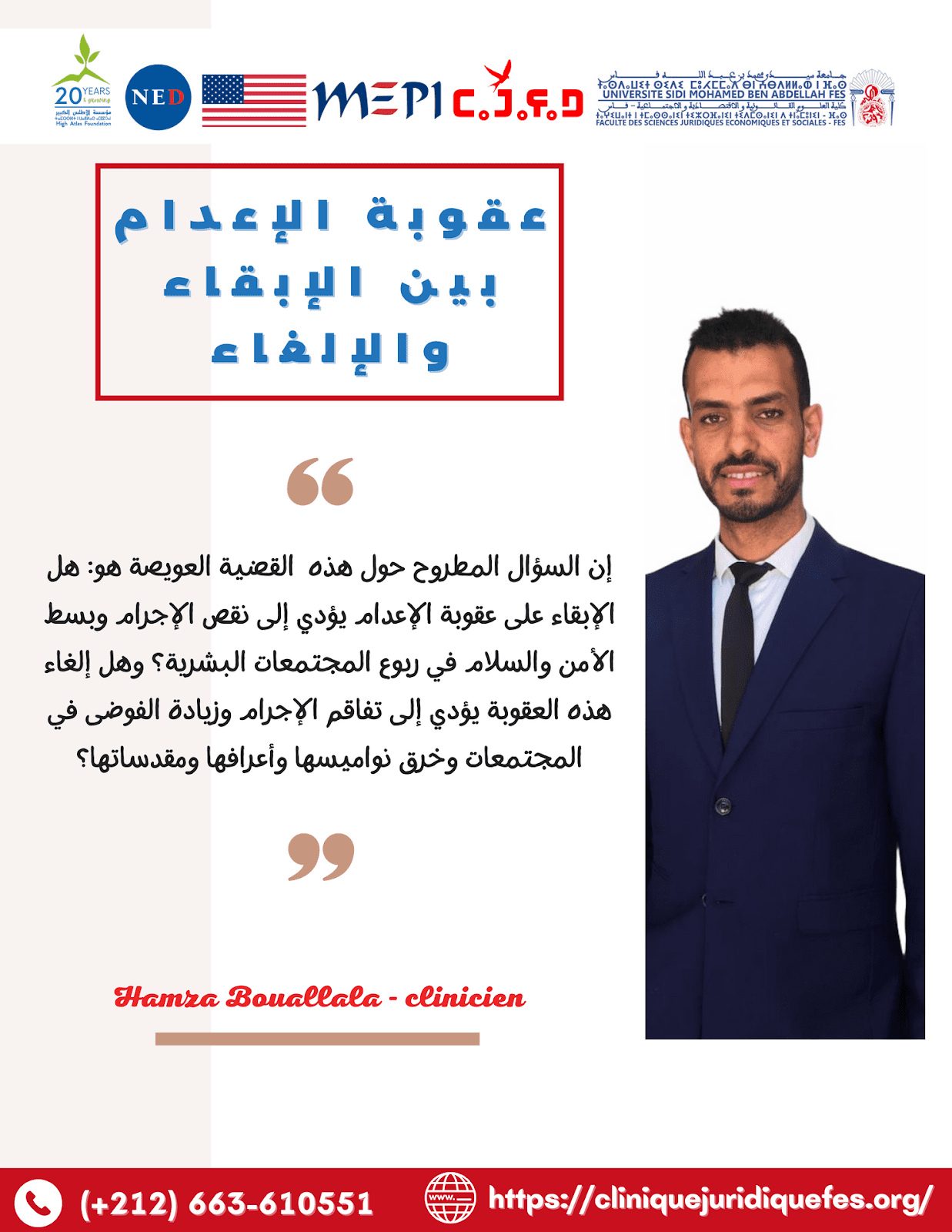Immigrants do not leave their families, friends, and lives in vain. Misery, environmental degradation, and oppression can make life difficult to bear. When war directly threatens the lives of people, flight is sometimes the only option for survival.
The reasons why people migrate are multiple and complex. They include the inability to secure a decent standard of living due to lack of employment opportunities, the absence or complete breakdown of public services such as health, security and education, or the desire to join family members living abroad. If crossing the Mediterranean, the Maghreb, or the Central American corridor, the journey is long and full of obstacles. Sometimes it ends before the destination is reached.
Contact is sometimes cut off between migrants and their families, and every year, thousands of them die or disappear. Others remain detained for long periods of time because of their illegal entry or stay in a foreign country. The interruption of communication increases the risk of migrants falling off the radar while his or her family back home suffers emotionally, wondering what has happened to them. When immigrants finally arrive at their destination, they often find difficulty in obtaining housing and accessing health care, education, or employment opportunities.
His Majesty King Mohammed VI has given particular importance to the empowerment of young people, which is at the heart of his pioneering migration mandate. This ensures that migration policies are based on the development and social integration of migrants and the protection of their rights. In doing so, young people can have access to new opportunities that encourage them to settle in their country of origin.
In order to formulate and implement an effective public migration policy, guaranteeing the protection of rights, and based on international cooperation and the integration of civil society, University Sidi Mohamed Ben Abdellah has worked with the High Atlas Foundation to open the Legal Clinic of the Faculty of Law in Fes (CJFD) with funding from the National Endowment for Democracy (NED) and the U.S.-Middle East Partnership Initiative (MEPI). The CJFD thus trains advanced level law students in areas related to immigration, asylum, human trafficking, and family mediation in order to enable them to provide free legal advice to beneficiaries.
Caption: Training with an association for women’s rights by Kaoutar El Kadi, Morocco.
In addition, the legal clinic offers training workshops for civil society associations in order to raise awareness of relevant legal issues and policies and to present the important work of the legal clinic. It has a partnership with the United Nations High Commissioner for Refugees (UNHCR), which further enables the CJFD to help migrants who are seeking asylum to obtain a legal status that allows them to integrate into society and to offer them decent living conditions.
As a legal aid assistant at the clinic and a doctoral student, I benefited from the student training program, whose aim is to strengthen our capacities to provide effective and pro bono legal aid to CJFD beneficiaries, both migrants and Moroccans. Within this framework, I have provided free legal advice and continuous follow-up to beneficiaries, including assisting with residence permit applicants and petitions for asylum, as well as serving as a mediator between family members and helping victims of human trafficking.
Even when we have faced obstacles as student clinicians aiming to help our clients with their unique legal matters, the CJFD team collaborates to find solutions to any challenges we encounter.
In conclusion, I would like to thank all those who have contributed to the success of this project and to have ensured its sustainability and provided assistance to the beneficiaries, whether on a practical or psychological level. I also thank all those who gave me the confidence and the opportunity to work in the field, which I consider to be a humanitarian duty.





